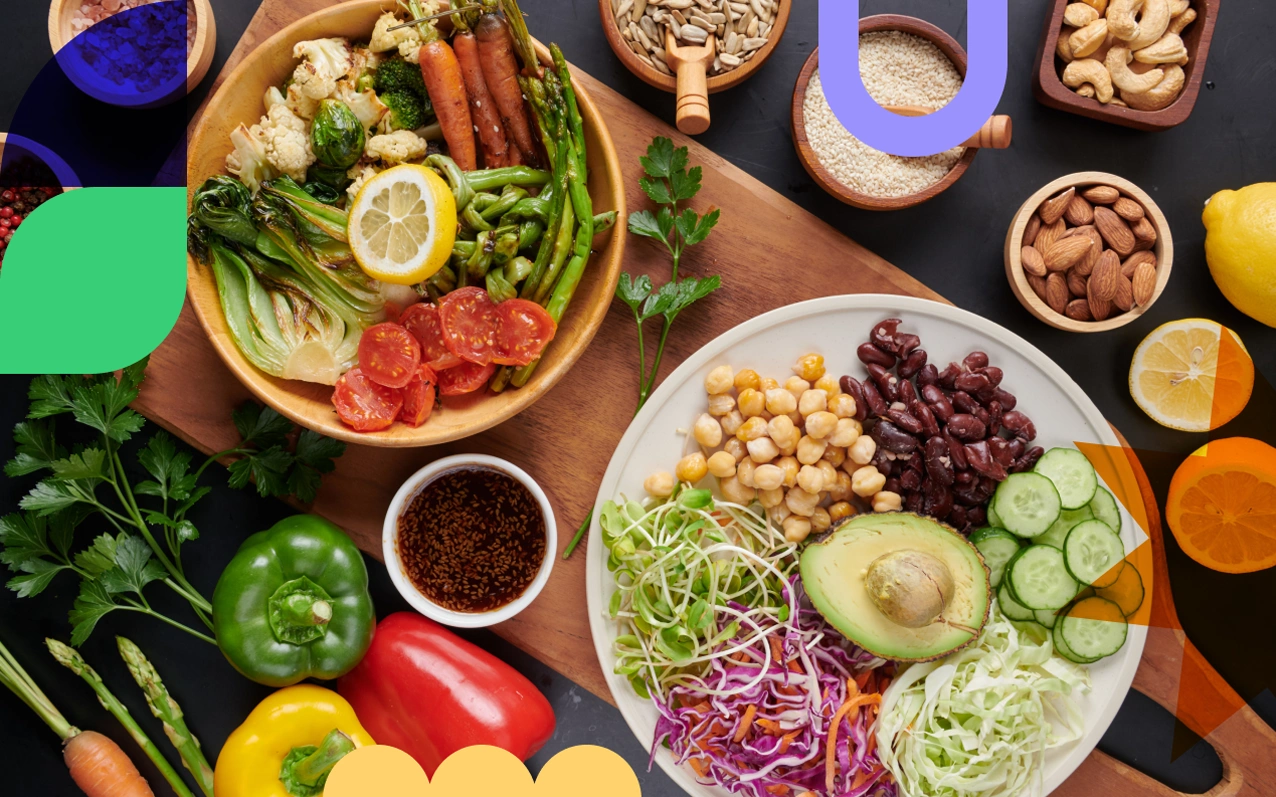Managing food allergies and intolerances requires accuracy in diagnosis, education and awareness, allergen avoidance, dietary modification and nutritional guidance. It also involves researching restaurants, contacting them to discuss needs, reviewing menus, informing dining companions and double-checking allergen safety procedures when eating out.
This is possible with a little preparation, planning and support. Here are some helpful tips to guide you:
Know Your Allergens
Food allergies are the result of your immune system overreacting to a particular food protein. These proteins can lead to a range of symptoms, from itchy lips and mouth (oral allergy syndrome) to life-threatening respiratory problems and shock (anaphylaxis).
The best way to prevent a reaction is to avoid foods you are allergic to. The most common foods that cause reactions are milk, egg, peanuts, fish, crustacean shellfish, wheat, soy, tree nuts and sesame.
Families who have members with food allergies often use separate cooking and storage equipment to keep allergens away from other foods. This can help minimize cross-contact, which happens when the allergen spreads to a typically safe food. This can be a problem at restaurants, in schools and other places where food is prepared by others.
Plan Your Meals
Food allergies impact the immune system and can cause symptoms such as gastrointestinal discomfort, itching, swelling, breathing difficulties and a life-threatening reaction called anaphylaxis. Food intolerances are less serious and typically don’t cause any symptoms.
For this reason, avoiding the trigger foods is the main focus of managing food allergies or intolerances. A healthcare professional can provide accurate diagnosis, personalized advice and guidance on how to create a safe eating plan that meets your dietary needs and provides all the essential nutrients your body needs.
When dining out, review restaurant menus online before you visit and contact restaurants ahead of time to discuss your specific dietary needs. Inform dining companions about your dietary restrictions and allergies, and double-check the restaurant’s allergen safety procedures when you arrive.
Avoid Cross-Contamination
Some food allergies are so sensitive that even brief contact with an allergen can cause a painful, and sometimes life-threatening, reaction. In these cases, it’s important for restaurants to take precautions that can help prevent cross-contamination.
In restaurants, this means that food preparation surfaces, utensils, and cooking equipment must be cleaned thoroughly between the use of different foods or ingredients. It also means that food items that contain allergens should not be stored in the same refrigerator or prepared on the same equipment.
Biological cross-contamination is when bacteria from one food item transfers to another food item, such as a chopping board that contains raw chicken and then used to prepare a salad without being properly washed. Chemical cross-contamination can also occur when cleaning solutions or pesticides transfer from one food to another.
Stay Safe at Restaurants
Dining out is a regular part of our social lives. But navigating COVID-19 can complicate this. Restaurants can be overcrowded beyond allowable capacity and may turn away patrons in order to maintain distancing and avoid contaminating food or surfaces.
If restaurants are open, it’s important to choose those that keep food safety on the menu: Check inspection scores, make sure food is hot and served promptly, and don’t share condiment bottles or dining ware (ask for new utensils or use your own).
Also, avoid touching your face, eyes and mouth, as these areas are prone to transmitting germs. Wash your hands well before and after you eat. And if you’re going to see friends for dinner, consider meeting for takeout instead to maintain healthy social distance.
Take Care of Yourself
It’s important to find a healthcare professional and dietician who can help you develop a plan that accommodates your dietary restrictions and safeguards your health. This includes accurate diagnosis and education, avoiding allergens, identifying food intolerances, meal planning, grocery shopping, cooking at home, communicating with friends and family about your allergy or intolerance, reading labels, eating in restaurants, bringing your own safe snacks to social events and prioritizing whole foods.
Living with food allergies can be challenging, but it doesn’t have to take the joy out of food. By informing others of your allergy, educating yourself, preparing ahead and staying healthy, you can maintain a thriving, fulfilling life. For more tips on managing food allergies, consult a Culina Health Registered Dietitian Nutritionist.




